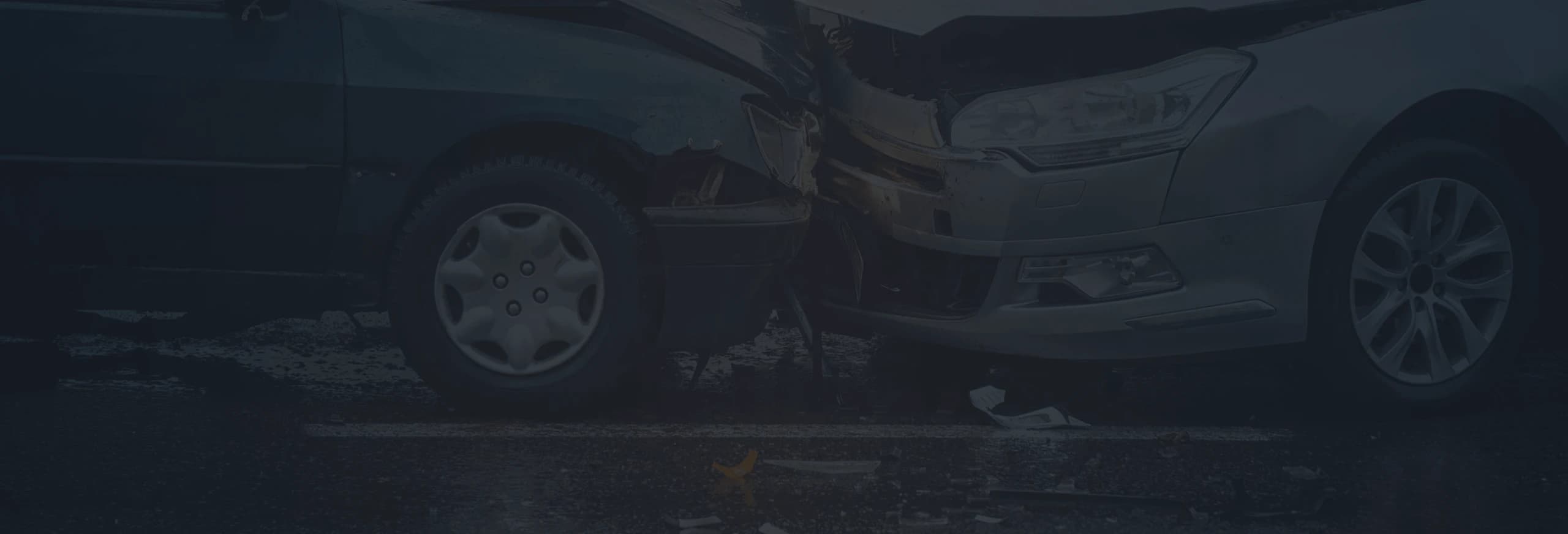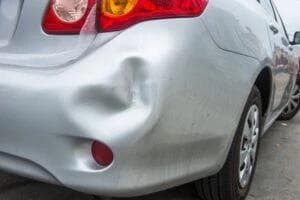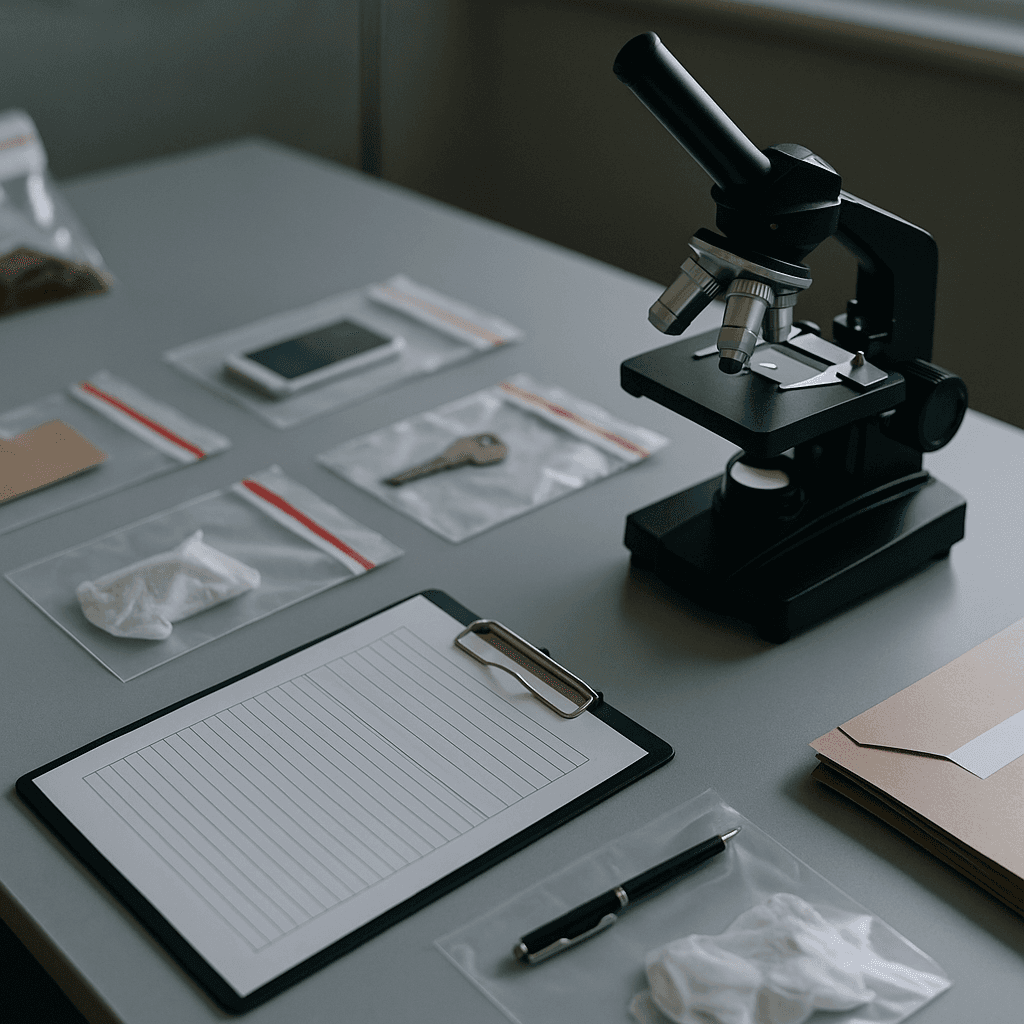
Left in the Dust: Your Path Forward After a Hit and Run

Fast legal help when the at-fault driver runs
Understanding Hit-and-Run Accidents
A collision is classified as a hit-and-run when a motorist strikes another vehicle, cyclist, pedestrian, or piece of property and speeds off without giving contact details or rendering aid. Arizona logged more than 15,000 such crashes in 2023, according to the Arizona Department of Transportation. Drivers often flee because they are uninsured, intoxicated, or already facing license suspension, leaving victims to shoulder medical bills, car repairs, and lost income. Seasoned injury lawyers step in to trace the driver—or, when that fails, unlock alternative paths to compensation.
Contact our team today so we can fight to help you get the compensation you deserve.
Critical Steps to Take Immediately
- Stay put and call 911. Moving your car or chasing the offender can worsen injuries and complicate your claim.
- Document everything. Snap photos of damage, skid marks, and debris. Even a partial license plate or bumper sticker helps investigators.
- Collect witness details. Names, phone numbers, and quick voice memos preserve fresh memories.
- Seek medical attention. Adrenaline can mask concussions, fractures, or internal bleeding.
- Notify your insurer. Many policies require prompt notice, often within 24–48 hours.
These actions form the backbone of any future insurance claim or lawsuit.
Insurance Coverage Paths When the Driver Is Unknown
Arizona drivers may carry three policies that matter when the offender vanishes:
- Uninsured Motorist (UM) and Underinsured Motorist (UIM). These pay as though the hit-and-run driver is identified but uninsured.
- Collision Coverage. Handles vehicle repair regardless of fault, minus your deductible.
- Medical Payments or Personal Injury Protection (PIP). Covers hospital bills and, sometimes, lost wages without regard to fault.
Reading policy limits, notice deadlines, and subrogation clauses can feel like decoding a foreign language. An experienced lawyer reviews your declarations page, handles adjuster calls, and appeals low offers so you receive what the policy truly owes you.
Free Consultation 24/7, call (844) 343-9609
How a Legal Team Builds a Winning Claim
Attorneys go far beyond filing paperwork—they marshal evidence that insurance adjusters respect:
- Scene Reconstruction – Skid-mark analysis and drone photos show angles and speeds.
- Surveillance Review – Requests to nearby businesses often uncover camera footage police miss.
- Cell-Tower Mapping – Subpoenaed records can place a suspect vehicle at the crash site.
- Expert Medical Reports – Physicians quantify long-term effects of whiplash, brain trauma, or spinal injuries.
Once liability and damages are clear, your lawyer drafts a demand package outlining medical expenses, future therapy, wage loss projections, and the human cost of pain and suffering. Most cases settle, but a strong trial record keeps insurers honest.
Call (844) 343-9609
Typical Injuries and Hidden Costs
Hit-and-run victims experience a wide range of harm:
- Soft-Tissue Damage – Neck and back sprains that limit mobility and disrupt sleep.
- Traumatic Brain Injuries – Concussions or diffuse axonal injuries cause headaches, memory lapses, and mood swings.
- Fractures – Ribs, wrists, and legs commonly break under side-impact forces.
- Lacerations and Scarring – Flying glass and metal leave lasting reminders.
- Emotional Trauma – Anxiety, driving phobia, and depression often surface weeks after the crash.
These injuries can ripple through every corner of life—child-care duties, career progress, even basic household chores—and deserve full financial recognition.
Your Next Move Toward Recovery
If a fleeing driver upended your world, you do not have to navigate the fallout alone. Accident Hotline provides a direct line to proven hit-and-run attorneys who:
- Conduct a free, no-obligation case review.
- Advance all investigation costs so you pay nothing upfront.
- Collect fees only when they win compensation on your behalf.
Reach out today, and an experienced lawyer will start building the strongest possible claim while you focus on healing.
Frequently Asked Questions
What if police never identify the hit-and-run driver?
You can still recover damages through UM/UIM coverage or by targeting other liable parties, such as a bar that overserved the driver under Arizona’s dram-shop laws.
Will making a UM claim raise my insurance premiums?
Insurers generally cannot hike rates for using UM in Arizona because you did not cause the crash. Confirm specifics in your policy handbook.
How long do I have to file a lawsuit?
Arizona’s statute of limitations for personal-injury cases is two years from the collision date, but many policies require claims notice within 30 days—file early to protect your rights.
For a free consultation, call (844) 343-9609
Blog Posts:

The Role of Expert Witnesses in Injury Litigation
Why Expert Witnesses Matter in Personal Injury Cases In personal injury litigation, facts alone are often not enough. While evidence like medical records, photographs, and witness statements paint part of the picture, juries and insurance companies frequently need context and explanation to understand the full scope of an injury and its impact. This is where expert witnesses play a pivotal role. Expert witnesses are professionals—often doctors, engineers, economists, or accident reconstruction specialists—who provide testimony based on their specialized knowledge. Their objective is not to advocate for one side but to clarify complex issues that require professional interpretation. In many cases, their opinions help bridge the gap between evidence and understanding, making them critical to achieving fair compensation.

How Insurance Companies Evaluate Injury Claims
How the Evaluation Process Really Works When you file a personal injury claim, the insurance company begins a process that is anything but simple. Behind every offer or denial, there's a calculated evaluation designed to protect their bottom line. Insurers use data-driven methods, past claim outcomes, and internal guidelines to assess how much—if anything—they believe your case is worth. The goal of the insurance adjuster is straightforward: to settle your claim for as little as possible while closing the file quickly. They'll review your medical records, accident details, and even statements you've made to determine liability and damages. The more organized and detailed your claim presentation, the harder it is for them to undervalue it.

The Dangers of Handling a Personal Injury Case Without Legal Help
Understanding What's at Stake After an accident, it's natural to want to resolve things quickly. Medical bills begin piling up, your work may be disrupted, and insurance adjusters often seem eager to "help." Many people believe they can handle their personal injury claim on their own—especially if the situation seems straightforward. But personal injury law is complex, and even minor missteps can lead to significant financial loss. Without professional guidance, you may underestimate your claim's value, miss critical deadlines, or make statements that insurers later use against you. The legal process is designed to protect both sides, and insurance companies have experienced professionals working to limit payouts. Without an equally skilled advocate on your side, you're at a clear disadvantage. That's why consulting a personal injury lawyer early in the process is often the difference between fair compensation and a costly mistake.

When Should You Switch to a Different Injury Lawyer?
Knowing When It's Time for a Change Choosing the right attorney after an accident is one of the most important decisions you'll make in your recovery journey. However, not every lawyer-client relationship is a perfect fit. Sometimes, despite your best efforts, you may realize that your current representation isn't meeting your expectations. Whether it's poor communication, lack of progress, or a sense that your case isn't being handled effectively, recognizing when to switch attorneys can make all the difference in the outcome of your claim. Switching to a new personal injury lawyer doesn't mean starting over from scratch—it means taking control of your case and ensuring it receives the attention and effort it deserves. Understanding what to expect from your legal representation can help you identify the warning signs that it might be time for a change.
Get an agent on the line in seconds
Responsive
Legal Assistance
Our personal injury attorneys advocate for the funds necessary to cover bills, secure medical treatment, recoup lost wages, and provide compensation for your pain and suffering.
Are you facing unfair treatment from the insurance company?
Do you know the value of your case?
Is the insurance company asserting that the accident is your responsibility?

We'll get back to you ASAP.
Get Your Free Consultation
You Pay Nothing Unless We Recover Compensation For You
